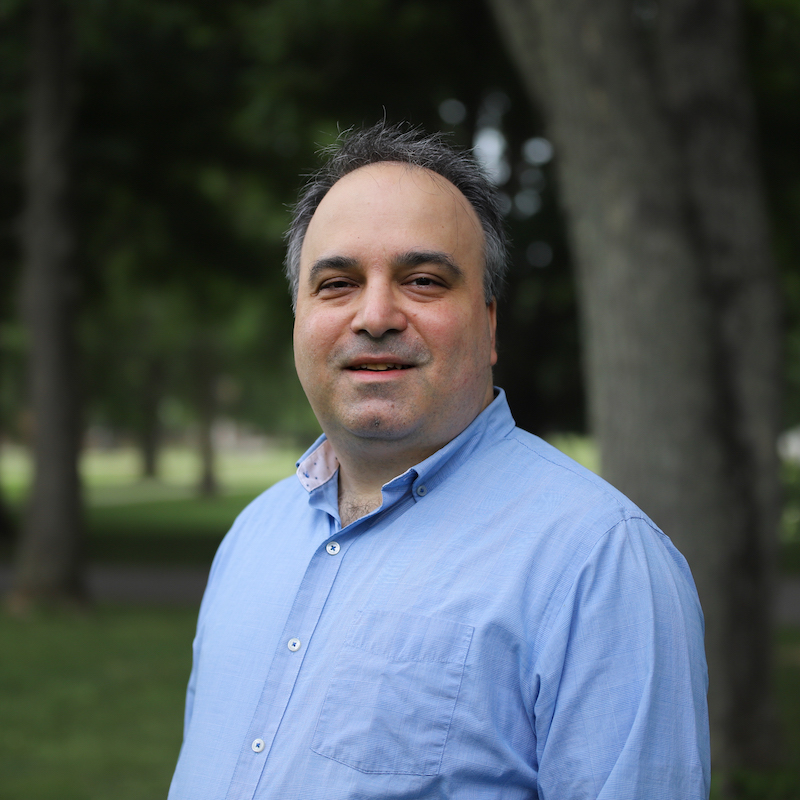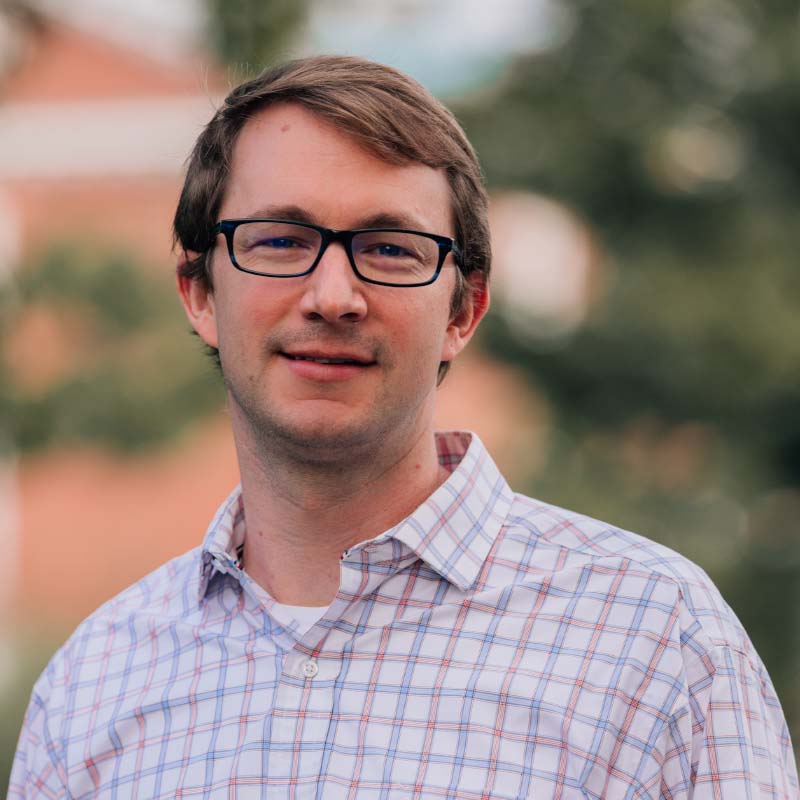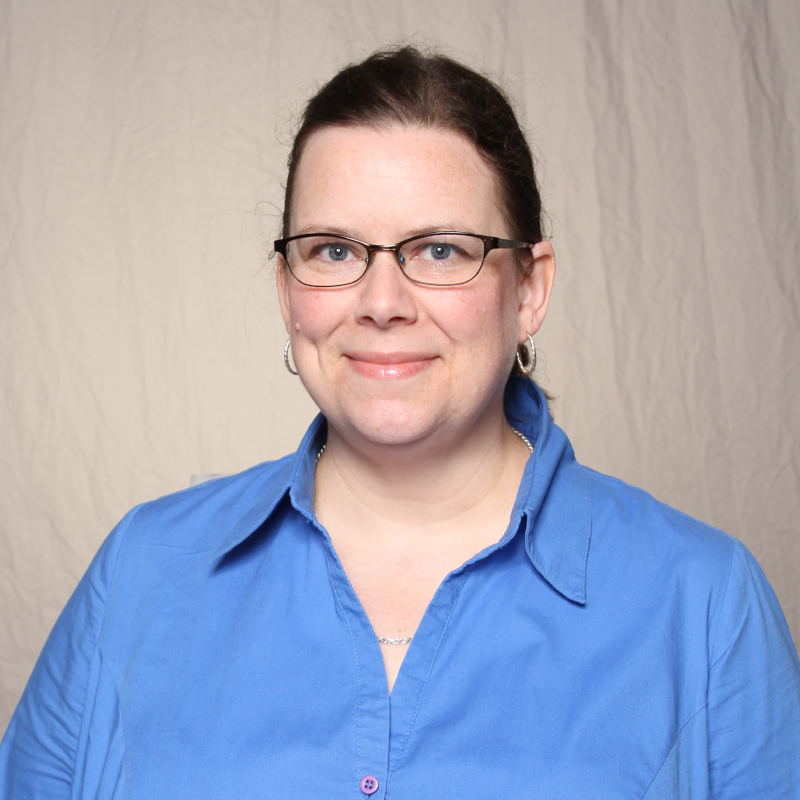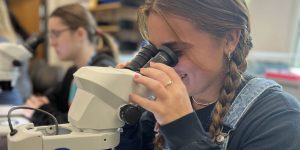Academics at Hanover:
Computing is a discipline that requires and develops capabilities in solving deep, multidimensional problems requiring imagination and sensitivity to a variety of concerns. A major in computer science will provide you with a foundation of knowledge, problem solving skills and habits of logical thinking that will serve as a competitive advantage to you in whatever career you pursue.
If you want to make a positive difference in the world, study computing. Computing drives innovation in the sciences (such as the human genome project, AIDS vaccine research, environmental monitoring and protection, just to mention a few), and also in engineering, business, entertainment and education.
A MULTIPLE ENTRY MAJOR
Our first class assumes no previous programming experience. We’ll help you develop the skills you need to succeed in computer science. Students with excellent preparation in AP or college-level classes will head straight into advanced classes. If you have a non-traditional background, we’ll evaluate and place you based on your problem solving and programming skills.
A LIBERAL ARTS MAJOR
Computer science is a discipline that contributes to the success of many other disciplines. Our CS major recognizes this fact and offers classes that combine computer science with other fields of study. We’ll encourage you to combine your interests in computer science with other fields, such as business, science, art, and mathematics, through minors, majors, and independent studies.
A CONFIDENT MAJOR
Every CS major completes a semester-long project. If you’re the driven type, you’ll find a wealth of additional ways to stand out. You can take paid summer internships, join faculty research projects or work on campus in technology-related fields.
Whether you want to go to graduate school or find employment in industry, admission counselors and potential employers are always impressed by students who have accomplished something unique and challenging before they graduate. While all college graduates will have similar lists of courses on their transcripts, you will be the only one to have completed your unique project and opportunities.
WHAT DO COMPUTER SCIENCE MAJORS STUDY?
- Fundamentals of computer science
- Data structures
- Problem solving
- Algorithmic analysis
- And other topics that interest you, from programming languages to computer networks to artificial intelligence
COMPUTER SCIENCE PLACEMENTS
Previous graduates’ career and professional placements have included:
- Motorola
- Synergy International Consulting
- TDC Solutions
- Lockheed Martin
- IBM
Graduate school placements have included:
- University of Southern California
- University of Illinois
- University of Indianapolis
- University of Notre Dame
- Tufts University







